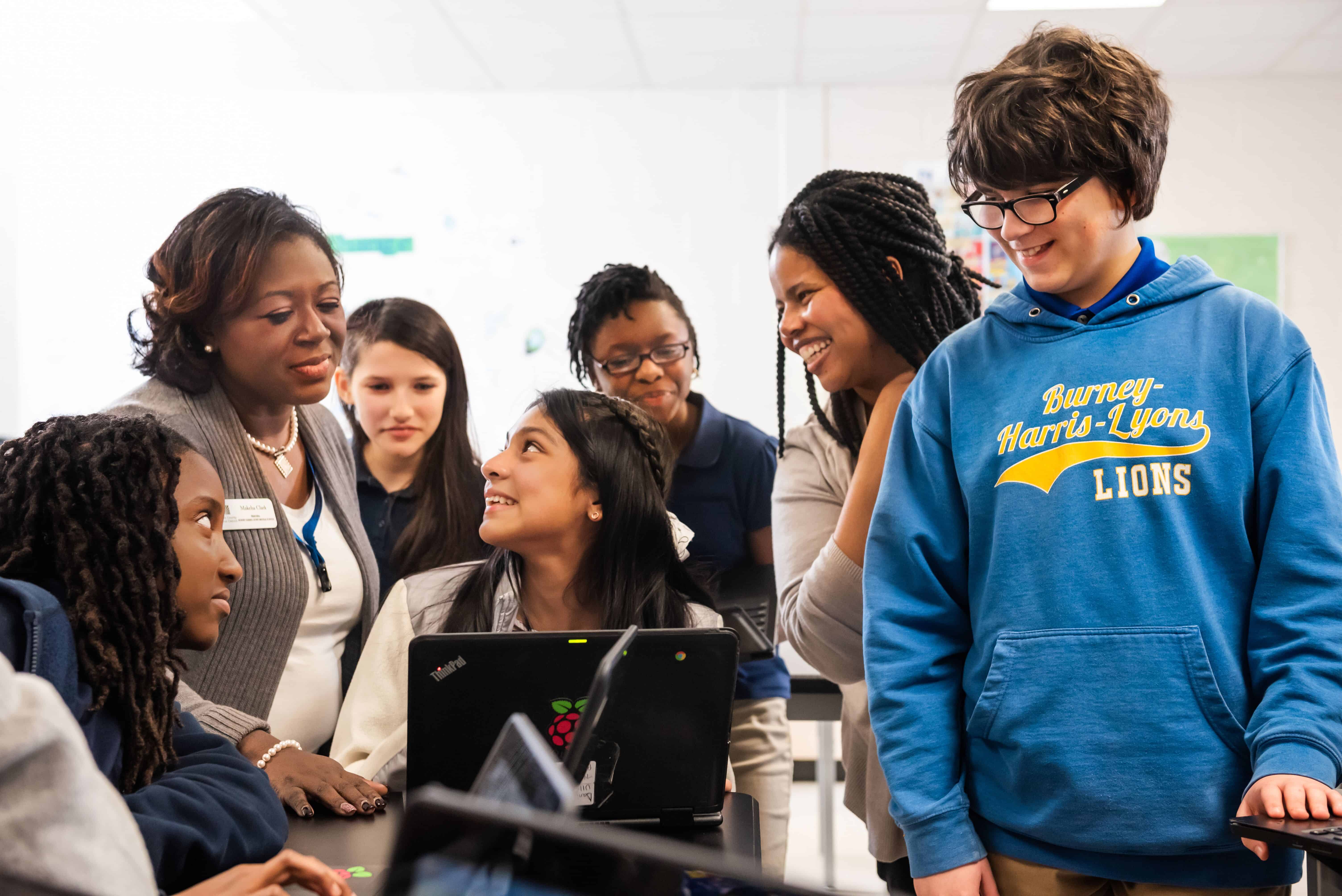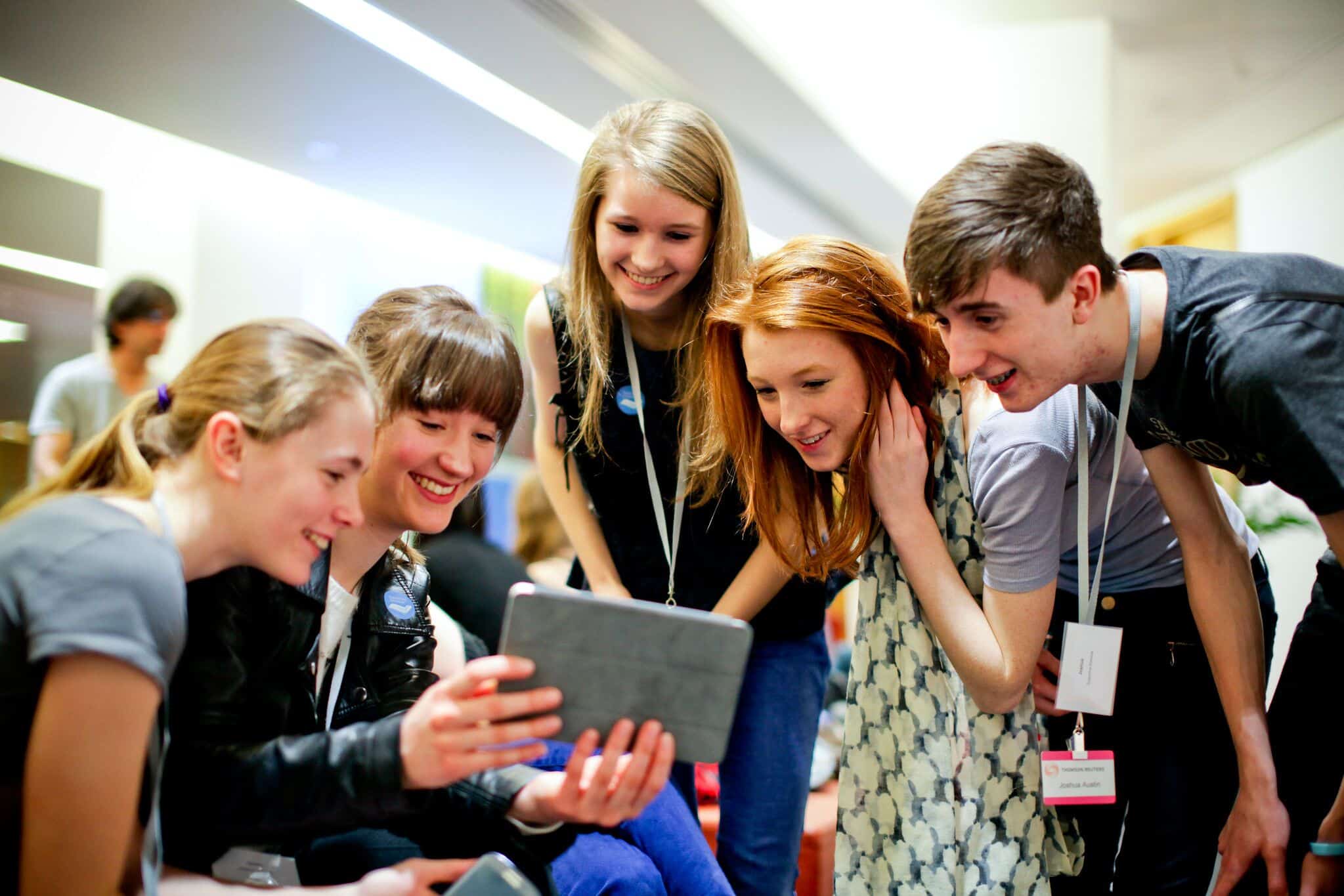
Supported by £2.4m of funding from the Department of Education, Gender Balance in Computing will use a 'range of tailored interventions’ and randomised control trials to encourage more young women into the digital realm. Over 15,000 students and 550 schools across England will be involved in the trials, which will run from 2019–2022.
Recent research conducted by the University of Roehampton and the Royal Society found that just 10 per cent of students taking A level Computer Science are girls. It’s claimed the new programme will represent the largest national research effort to tackle this issue to date.
Gender Balance in Computing is backed by a consortium including the Raspberry Pi Foundation, STEM Learning, BCS, The Chartered Institute for IT, the Behavioural Insights Team, Apps for Good, and WISE. The initiative is also associated with the wider National Centre for Computing Education and part of an overall £84m package to improve computing education in England by providing support for computing teachers at all levels.
“The challenge of encouraging more girls to take up the subject has long been a concern, and overcoming it will be critical to ensuring that the nation’s workforce is suitably skilled to work in an increasingly digital world,” said Sue Sentance, chief learning officer at the Raspberry Pi Foundation.
“I'm very proud to be working with a range of excellent organisations on this important research project on such a scale, and together, we have the opportunity to rigorously trial a range of evidence-informed initiatives to improve the gender balance in computing in primary and secondary schools.”

Barriers which may impact girls’ engagement with computing in schools include a lack of role models in computing and a perceived lack of relevance of computing to students’ future lives. A digital workforce with better gender balance is important both for the future health of the sector and for the future prospects of young women everywhere, according to Helen Wollaston, chief executive of WISE.
“Technology is transforming every aspect of our lives, and we will need more people with an excellent mix of technical and interpersonal skills,” she said. “With so many new opportunities and career paths, it is essential that we engage more girls in computer science at GCSE and A level so that they can fulfil their potential.
“It is vital that we show girls the skills required for opportunities in computing now, so they can make well-informed decisions about their future.”




AI-generated medical responses need monitoring, study finds
This would negate most of the benefit of using AI in the first place, rather like the Locomotive Act 1865 that required any self-propelled road...